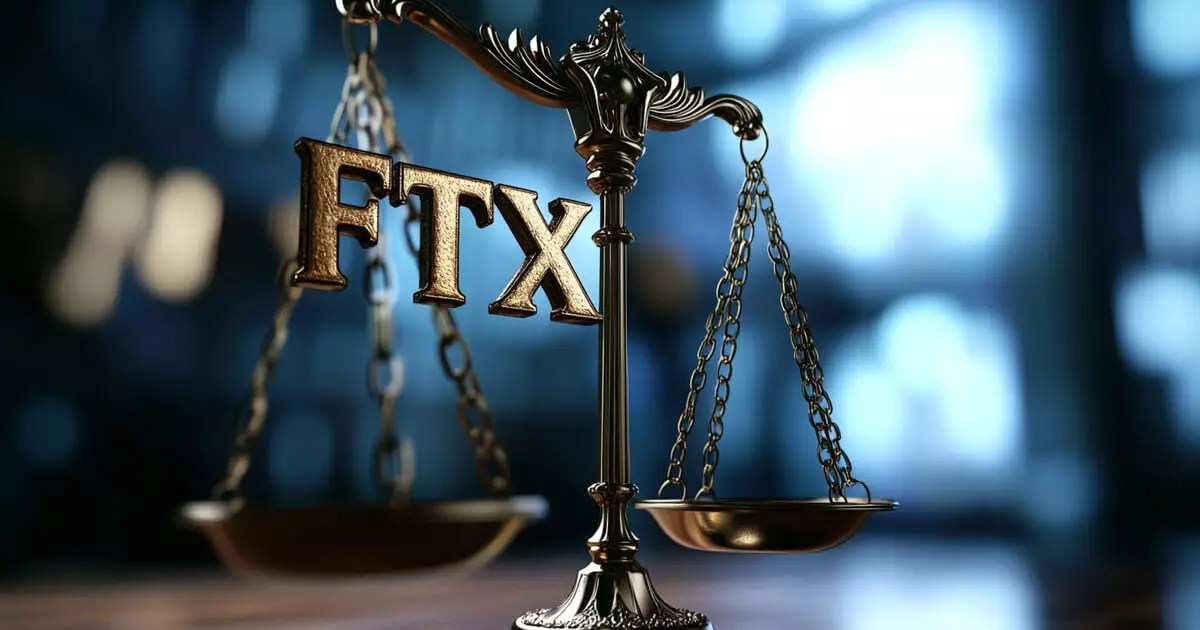The downfall of FTX, once a towering giant within the cryptocurrency landscape, sent shockwaves through the financial world, exposing significant vulnerabilities in the industry. As investigations unfolded, the role of various executives came under scrutiny, most notably that of Nishad Singh, a former executive at the beleaguered exchange. With myriad legal troubles stemming from the exchange’s operations, the implications of Singh’s cooperation with U.S. prosecutors could potentially shift the stakes for himself and his former colleagues.
In recent court filings, prosecutors lauded Singh’s efforts as “substantial assistance,” asserting that he demonstrated both remorse for his actions and a committed desire to expose the inner workings of FTX. This characterization raises interesting questions about the nature of accountability in corporate failures. Singh allegedly provided critical insights into the mechanisms that facilitated the misuse of customer funds, hinting at not just a failure of ethics but an intricate web of deception woven by FTX’s leadership, including its infamous co-founder, Sam Bankman-Fried.
Singh’s testimony is described as groundbreaking in revealing illegal activities that might have otherwise remained obscured. By detailing financial wrongdoings, including significant campaign finance violations involving Ryan Salame, Singh positioned himself as more than just a cog in the machine; he became a whistleblower of sorts. Furthermore, his allegations that Bankman-Fried intentionally manipulated FTX’s financial statements to present a misleading picture of profitability underline the gravity of the executives’ misconduct. This raises an ethical dilemma regarding whether Singh’s earlier silence on these issues compounds his culpability before his cooperation.
The ramifications of Singh’s cooperation extend into the legal arena as prosecutors advocate for a potentially lenient sentence. Citing Section 5K1.1 of the U.S. Sentencing Guidelines, which allows for reduced sentences based on substantial cooperation, attorneys are positioning Singh for a “time served” sentence. This contrasts sharply with the fates that await his former colleagues, including Bankman-Fried, who likely face lengthy prison sentences. It poses a significant question: does cooperation merit a lighter sentence, or does it expose a systemic issue in how corporate crime is prosecuted?
As Singh awaits his sentencing on October 30, the case serves as a mirror reflecting broader challenges within the cryptocurrency realm, particularly regarding governance, accountability, and the responsibilities of those in power. While Singh’s cooperation may offer him a possible reprieve, it also serves as a cautionary tale about the consequences of engaging in unethical behavior within high-stakes environments. The outcome of this case could not only shape Singh’s future but also set important legal precedents in handling corporate malfeasance in the digital asset space.


Leave a Reply